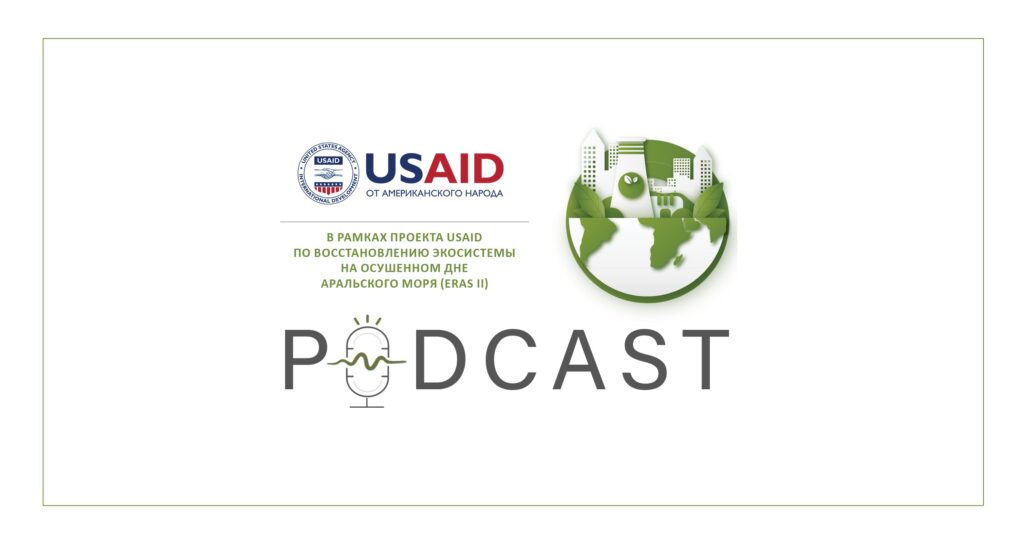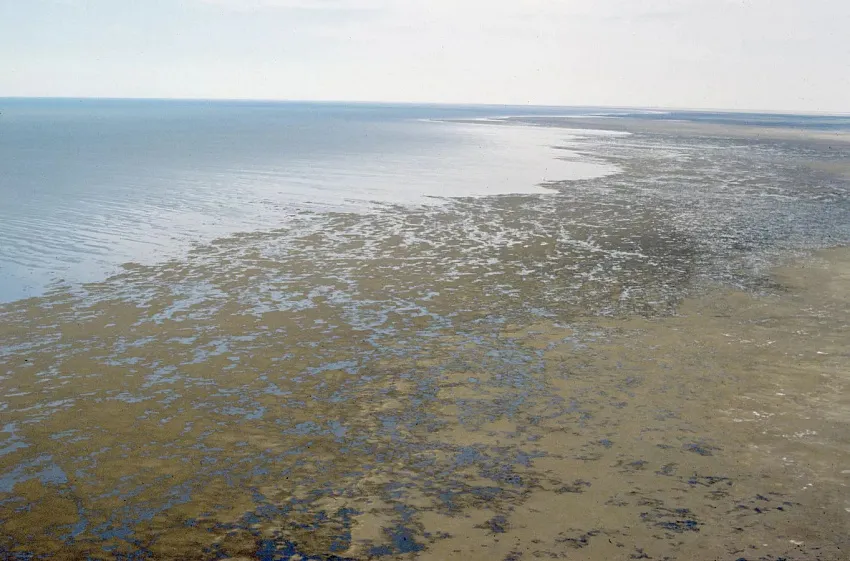“As we all know, the Paris Agreement Transparency Framework requires countries to submit their first biennial Transparency Report (BTR) by December 31, 2024. These reports will replace the Biennial Updated Reports (BUR) and play a key role in providing detailed information on measures taken by countries, assessing the effectiveness of existing climate change policies, progress and adaptation, and financial support provided, needed or received. This information will be used in conducting a global inventory, which will help assess collective progress in achieving long-term climate goals,” said Zafar Makhmudov, Executive Director of the Regional Environmental Centre for Central Asia (CAREC), at the parallel meeting of CACCC-2024 “Central Asia’s Readiness in Developing First Biennial Transparency Reports (BTR) under Enhanced Transparency Frameworks of the Paris Agreement”.
The event is organized by the Central Asia Regional Climate Action Transparency Hub (RECATH) in collaboration with the Transparency Capacity Building Initiative – Global Support Programme (CBIT-GSP) and the GEF/FAO CBIT national projects in Central Asia.
The participants – UNFCCC National Coordinators and experts on the development of climate transparency reports in Central Asian countries, representatives of international organizations (UNDP, UNEP, CAREC, ICAT, FAO, and UNEP-CCC) – informed about the progress of Central Asian countries in the preparation of their first BTRs and discussed problems and issues that may hinder the proper submission of these reports.
“We are looking to identify ways for implementing agencies to effectively address these challenges. In addition, we will pay attention to the transparency capacity-building support provided by ReCATH, CBIT-GSP and FAO, which plays an important role in the preparation of these reports,” said Zafar Mahmudov.
“In recent years, the countries of Central Asia have made significant strides in increasing transparency. This progress has been supported by numerous capacity-building initiatives, including the GEF/FAO national CBIT projects, the ICAT/CAREC ReCATH regional project, and the global CBIT-GSP initiative. These efforts are aimed at developing and managing a reliable, transparent system that will allow countries to effectively implement the Paris Agreement and achieve common climate goals,” summed up the CAREC Executive Director Zafar Makhmudov.
The Central Asia Climate Change Conference (CACCC-2024) is organized by the Regional Environmental Centre for Central Asia (CAREC) within the “Climate Adaptation and Mitigation Program in the Aral Sea Basin AF” (CAMP4ASB AF), Central Asia Water and Energy Program (CAWEP), and Deutsche Gesellschaft für Internationale Zusammenarbeit (GIZ) GmbH, in cooperation with The Global Partnership for Sustainable and Resilient Landscapes (PROGREEN), NDC Partnership (NDCP), Coalition for Capacity on Climate Action (C3A), Asia Development Bank (ADB), Asia Development Institute (ADBI), International Organization for Migration (IOM), International Federation of Red Cross and Red Crescent Societies (IFRC), SWITCH-Asia— a programme funded by the European Union, the Kazakh-German University (DKU), Green Academy along with valuable support provided from other partners.
The CAMP4ASB AF project is implemented by CAREC together with EC IFAS with the financial support of the World Bank and the Green Climate Fund.
The Central Asia Water and Energy Program (CAWEP) is a partnership between the World Bank, the European Union, Switzerland, and the United Kingdom aimed at creating conditions for improving water and energy security at the regional level and in beneficiary countries in a changing climate.
For more information, please contact Irina Bekmirzaeva, Climate Change and Sustainable Energy Programme Manager/CAMP4ASB Project Coordinator, at ibekmirzaeva@carececo.org



